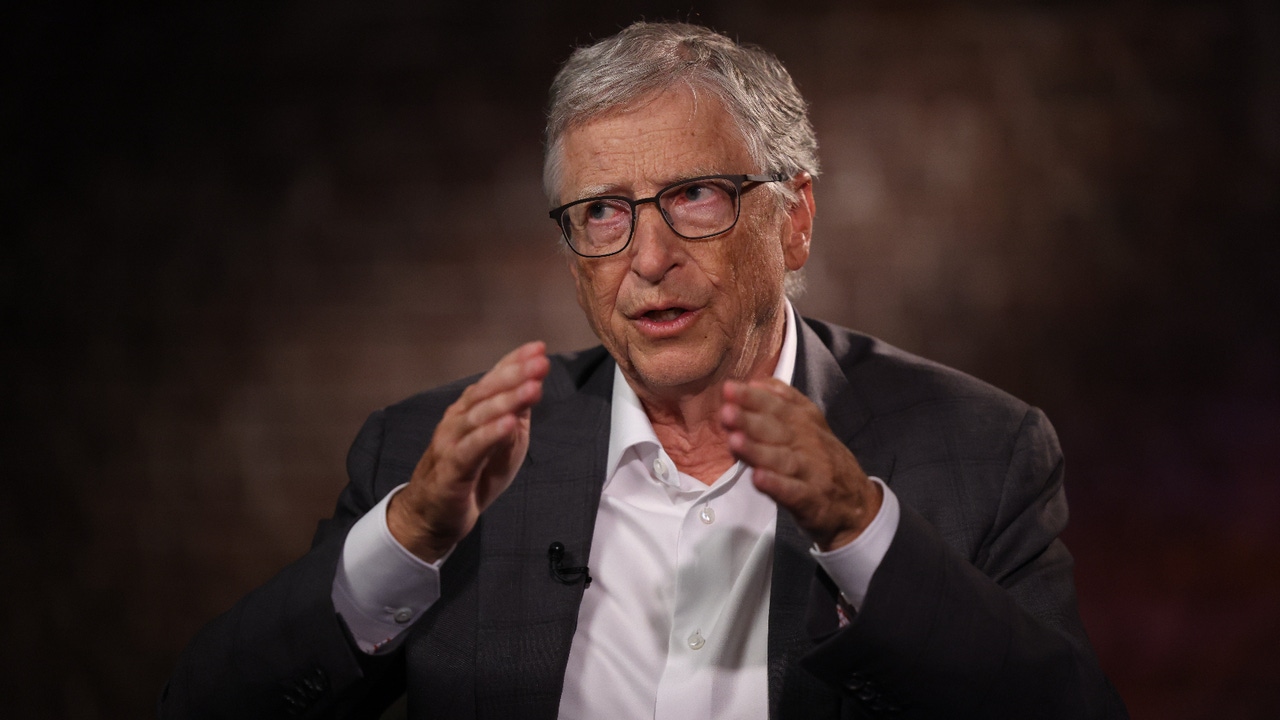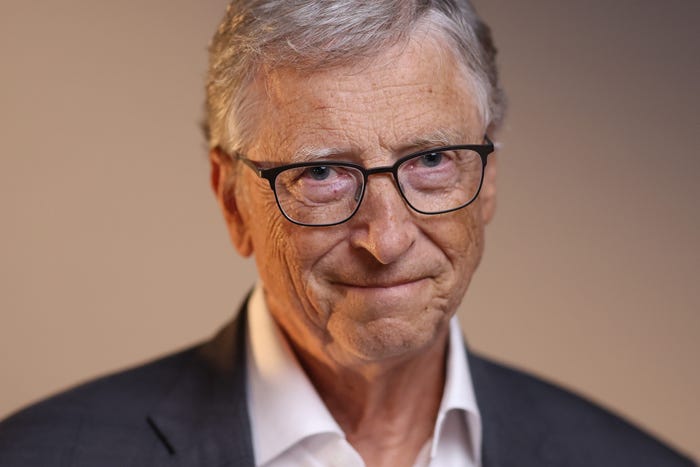Bill Gates Says AI's Green Benefits Will Outweigh Its EmissionsBill Gates Says AI's Green Benefits Will Outweigh Its Emissions
The Microsoft co-founder says data centers will be less energy-intensive in the future as artificial intelligence makes computations more efficient.
June 27, 2024

(Bloomberg) — Billionaire climate tech investor Bill Gates said artificial intelligence will "pay for itself" when it comes to its associated greenhouse gas emissions as the technology will help push forward the energy transition.
AI will make data centers more efficient, helping them represent a smaller share of future power demand, he said in a Bloomberg TV interview. Gates said the technology may one day use as much as 6% of global electricity — more than the estimated 2% today — but felt estimates above 10% were wrong.
Gates' comments come after AI has received increased scrutiny amid expectations that it will dramatically raise energy needs. In some parts of the world, demand from data centers is already outstripping the available power supply, a trend which threatens to upend the energy transition plans of entire nations.

Bill Gates in London, on June 26. Photographer: Hollie Adams/Bloomberg
Gates countered the additional demand from electric cars, heat pumps, and green steel manufacturing will all "dwarf even this amazing demand for data centers now."
The Microsoft co-founder is in London this week attending a three-day summit for his venture fund Breakthrough Energy, which has invested in more than a hundred companies involved in the energy transition.
In a wide-ranging interview, Gates also spoke of the potential for carbon capture to help the world reach net zero, saying removing emissions from the atmosphere is a limited solution due to its costs.
"There are companies that we've funded out there that have the possibility to get to $50 and below, but that's kind of a brute force solution that you want to save for the most hard to abate sectors," he said, referring to the per ton price of carbon abatement.
The key will be to get the cost to "well below $100 a ton," Gates said, adding he pays $200 a ton to offset his own personal emissions.
About the Author
You May Also Like








.jpg?width=700&auto=webp&quality=80&disable=upscale)
